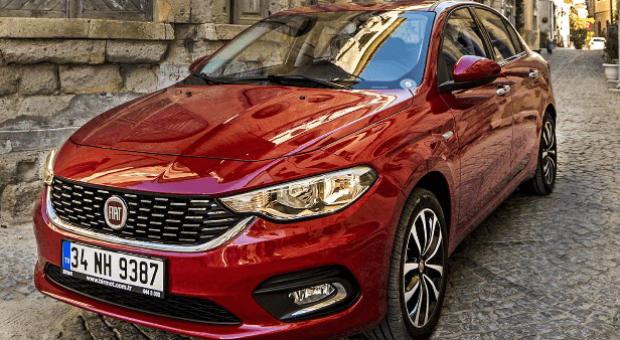
We spend a lot of money on our cars over the years – in fact, it is our second biggest expense, right after buying a home. Do we love our cars too much? Yes, probably more than enough but it makes sense; a car is able to make you feel free, comfortable, and all grown-up at the same time.
It’s time to be a bit more realistic about our vehicles, however, and have a long look at how we choose to finance this luxury that it’s impossible to be without.
Why take up a car loan?
Although a lack of finances is the most obvious reason behind taking up a car loan, you’ll be surprised how many actually believe that funding it through a loan is the best way to go. It all boils down to the marketing techniques of auto makers; they make financing offers sound too good to miss out on – almost as if they’re giving you the money for free.
Their terms and conditions are made to sound spectacular, and you’ll hear people in the office bragging about the extraordinary terms they got on their loan – yet, a car loan is known to be upside down.
This means that you’ll be paying more for something than it’s actually worth – and we are all aware of how the vehicle loses its value the moment you drive away in it. It doesn’t make sense to keep feeding the automaker beasts by accepting this agreement – especially not when it’s completely unacceptable to make you pay down on something they wouldn’t even consider to buy back for the amount you’re spending on it.
So now what?
To finance the vehicle through a loan seems to be the only option for a lot of people; tell them not to, and they turn to you in confusion. First of all, you need to have a plan to save up for it. Not taking up a loan is out of the question when you need a vehicle as soon as possible – but if you’re able to plan a bit ahead, preferably while your old car is still working, you can strike a far better deal.
Find a high-interest account for your savings and prepare to put aside money every month. It’s a good idea to automate these payments the same way you would have automated the payments for your loan, and give yourself a timeframe for when you need to buy it. Just before you’re about to hit your target, look at selling your old vehicle and consider to buy used cars rather than brand new ones – it will save you money, you know.
Remember to steer away from purchasing a used car if its brand is known for bugging their owners with recurring problems. Have a look at this handy guide to see if the brand you have in mind is one of these. New or used, it doesn’t matter what it costs now if you need to put down money several times a year to fix the same problem.


















